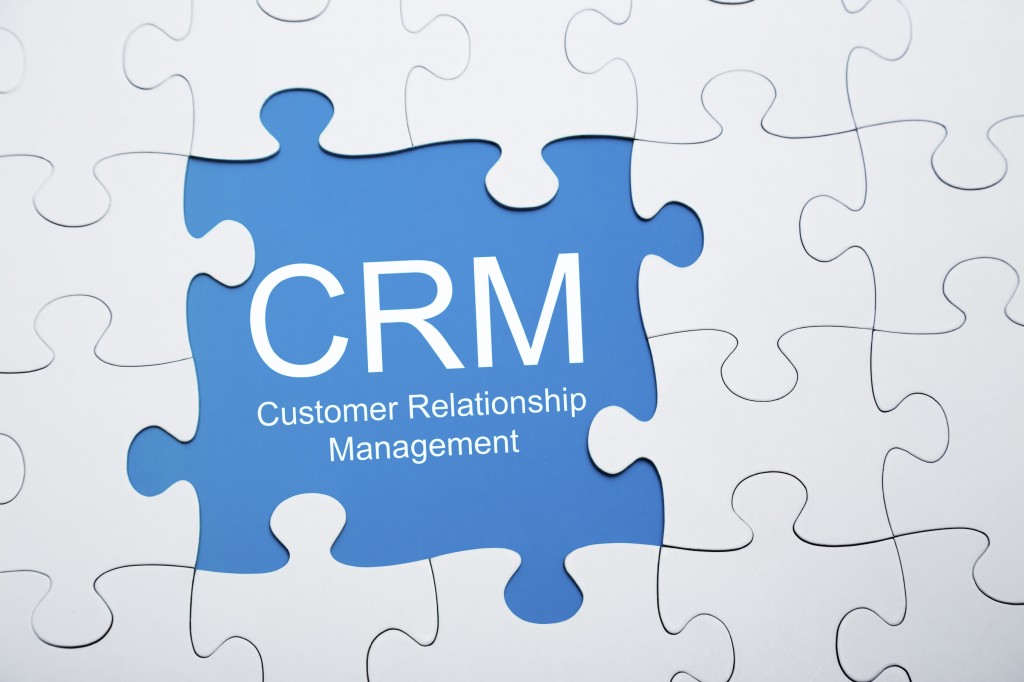 “Everything must be made as simple as possible. But not simpler.” – Albert Einstein
“Everything must be made as simple as possible. But not simpler.” – Albert Einstein
Einstein’s Razor sums up the ideal system – a process that effectively covers all bases and requires minimal effort to do so. Something that un-complicates things. Something that works. In a perfect real estate world, CRM systems would do it all, thoroughly and completely, with little or no input from the agent. It’s a razor, alright.
There’s a reason why CRMs “work” for some and not for others, and it’s not the CRM. All CRMs “work.” No matter who uses it – agents, mortgage pros, home stagers, title insurers – CRMs are developed in the same way, with the same capabilities. They work. The challenge is making them work for you.
According to Karen Werling of Prudential Chaplin Williams Realty in Fernandina Beach, Fla., the right technology and systems are critical to taking care of business and maximizing the opportunities of the market rebound. To maintain a consistent level of communication and relationship building, Werling and her team utilize Top Producer, a program she uses to keep in touch with all of her contacts.
“For us, the customers we get are lifelong customers. The regular contact with them is crucial. We use Top Producer for any mass updates and we also keep track of our finances with it; of course, we use it to keep track of closings, as well.”
Whether it’s a new lead who she’s trying to break through to, or a current or past customer, Werling uses a variety of information to help facilitate a connection. “We send all our clients new listings or other engaging information about the area. We consistently make sure we have something of interest to send them so they don’t forget who we are.”
It costs five times more to find a new client than to maintain a relationship with an existing one, and according to a recent survey of California homebuyers, 82 percent were dissatisfied with agents due to a slow response. Considering those stats, you need your CRM to work wonders. No matter your system of choice, it’s crucial to have an active role in managing your contacts.
Hop in the driver’s seat and push your CRM into high gear with these three tips:
ASAP: With harried schedules, agents rarely have time to sit down at a computer and fiddle with their databases. But with a wide range of mobile-friendly CRMs available, there’s no reason why you can’t add contact info as soon as you get it. Whip out your phone or tablet at your next open house, pull up your CRM and add those details while they’re fresh – don’t wait until that night to try and remember names.
Scattergories: You’ve probably already got contacts organized into groups, but do one better: shake up your database by categorizing people as an active or dormant lead, a past client or a referral. This will help you get a handle on the best ways to communicate with each. Also, get into the habit of grouping new contacts as you store their information – doing so may help you remember how and where you met the person, too!
Wake-up call: Once adding and organizing becomes second nature, dedicate time each day (ideally in the morning) to call your contacts, instead of setting up a drip and forgetting about it. (Note: You can set up email marketing campaigns for your most promising leads, but be sure to reach out over the phone, too.) Some CRMs even populate your database with a handful of contacts each day, so that eventually, you’ll touch base with everyone.
The most important thing to remember is that automating the system will only go so far. You have to hold yourself accountable. Whatever CRM you use, make sure it’s a priority and not an “if I have time” option.
Suzanne De Vita is RISMedia’s Online Associate Editor and social butterfly. In her perfect real estate world, she’d buy a home on Edisto Island, S.C.








